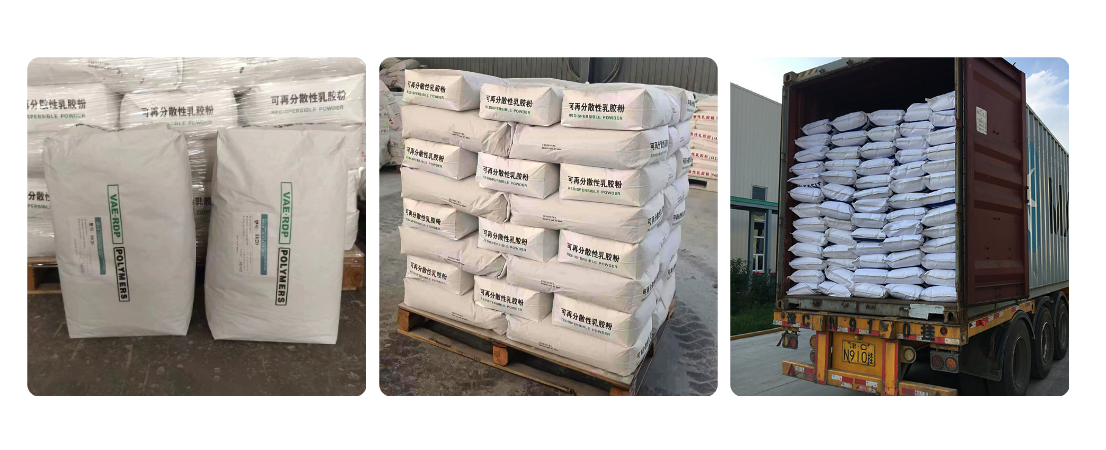
Nov . 22, 2024 16:46 Back to list
hpmc viscosity grades
Understanding HPMC Viscosity Grades and Their Applications
Hydroxypropyl Methylcellulose (HPMC) is a versatile cellulose derivative that has gained widespread popularity across various industries due to its unique properties. One of the essential characteristics of HPMC is its viscosity, which can significantly influence its performance in different applications. Understanding HPMC viscosity grades is crucial for selecting the right product for specific uses, ranging from pharmaceuticals to construction materials.
What is HPMC?
HPMC is a non-ionic, water-soluble polymer derived from cellulose. It is produced by the etherification of cellulose with propylene oxide and methyl chloride. The resulting compound exhibits unique properties, including thickening, emulsifying, and film-forming abilities. These properties make HPMC an essential ingredient in various products like adhesives, coatings, cosmetics, and food processing.
Viscosity Characteristics of HPMC
The viscosity of HPMC is a crucial parameter that affects its performance in applications. Viscosity refers to the thickness or stickiness of a fluid, which in the case of HPMC solutions, is determined by the concentration of the polymer and the degree of substitution of the cellulose. The degree of substitution affects how many of the hydroxyl groups in the cellulose are replaced by hydroxypropyl and methyl groups, thereby influencing the solubility and viscosity.
HPMC products are classified into different viscosity grades, which are typically measured in centipoise (cP) or millipascal-seconds (mPas). The viscosity grades can range from low (e.g., 1000 cP) to high (e.g., 200,000 cP), meaning that each grade is suitable for different applications depending on the required fluidity and thickness of the solution.
Importance of Viscosity Grades in Applications
hpmc viscosity grades

1. Pharmaceuticals In the pharmaceutical industry, HPMC is widely used as an excipient in tablet formulations, drug delivery systems, and coatings. The viscosity grade chosen can affect the release rate of active pharmaceutical ingredients (APIs). Higher viscosity grades can provide extended-release formulations, while lower viscosity grades can form more fluid solutions that facilitate easier ingestion.
2. Construction HPMC is commonly used in construction materials, such as cement, gypsum, and tile adhesives. The viscosity of HPMC affects the workability, adhesion, and water retention of these materials. Higher viscosity grades often enhance the thixotropic properties, allowing for better control during application and less sagging on vertical surfaces.
3. Food Industry In the food sector, HPMC serves as a thickening agent, stabilizer, and emulsifier. Different viscosity grades are employed based on the desired thickness of sauces, dressings, and dairy products. The ability to control viscosity helps manufacturers create consistent textures that appeal to consumers.
4. Cosmetics and Personal Care HPMC is included in various cosmetic products, including lotions, creams, and gels. The viscosity of HPMC influences the texture and feel of these products. Higher viscosity grades can provide a thicker, more luxurious feel, while lower grades offer a lighter, more fluid application.
Selecting the Right Viscosity Grade
Choosing the appropriate HPMC viscosity grade for a specific application involves considering several factors, including the desired consistency, application method, and interaction with other ingredients. Manufacturers often conduct experiments and stability tests to determine the optimal grade that meets their product requirements.
In conclusion, the viscosity grades of HPMC play a vital role in its performance across various industries. By understanding the unique characteristics of each grade, manufacturers can leverage HPMC's properties to enhance their products and meet consumer expectations. Whether in pharmaceuticals, construction, food, or cosmetics, the right viscosity grade ensures functionality and quality, making HPMC an indispensable component in many formulations.
-
Versatile Hpmc Uses in Different Industries
NewsJun.19,2025
-
Redispersible Powder's Role in Enhancing Durability of Construction Products
NewsJun.19,2025
-
Hydroxyethyl Cellulose Applications Driving Green Industrial Processes
NewsJun.19,2025
-
Exploring Different Redispersible Polymer Powder
NewsJun.19,2025
-
Choosing the Right Mortar Bonding Agent
NewsJun.19,2025
-
Applications and Significance of China Hpmc in Modern Industries
NewsJun.19,2025







